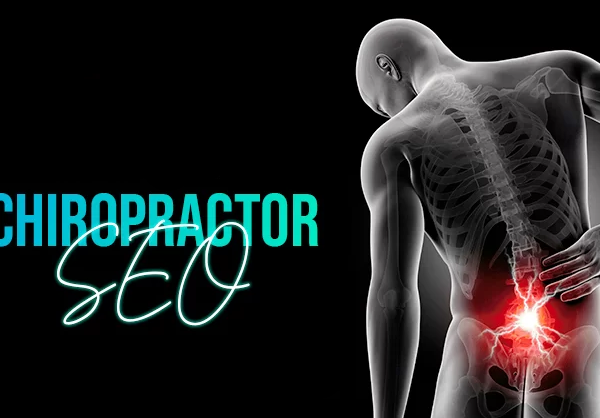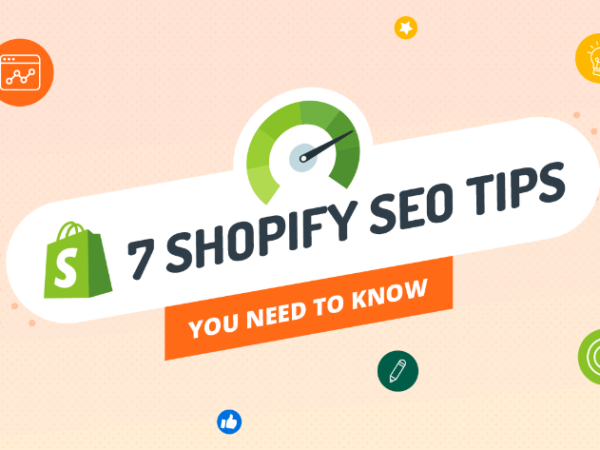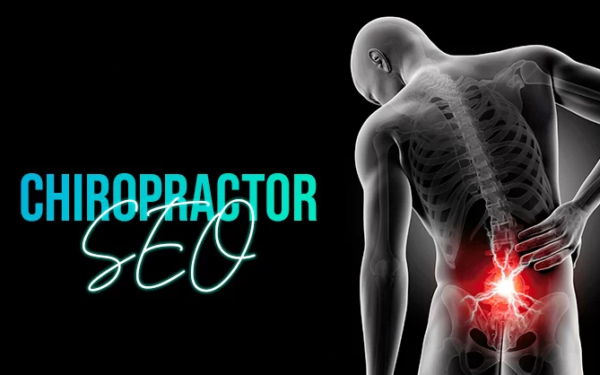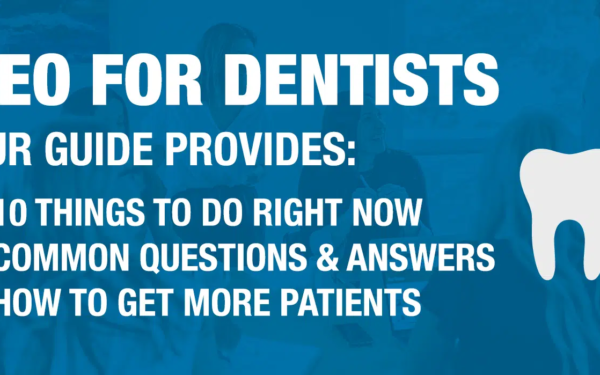Tips for Boosting Your Shopify Store SEO
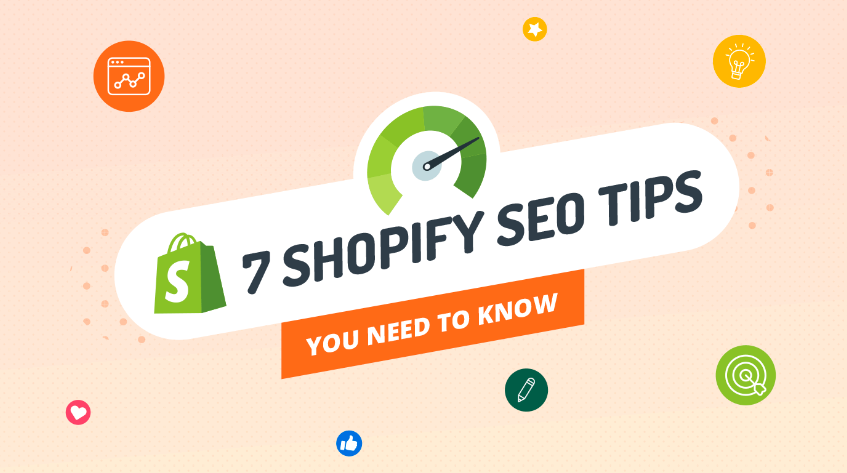
When it comes to running a successful e-commerce store, one of the most crucial aspects is optimizing your product pages. In today’s competitive online marketplace, ensuring your product pages are fine-tuned for both search engines and human visitors is essential to drive traffic and conversions. In this article, we will explore some effective strategies to maximize the potential of your product pages and boost your e-commerce success.
Table of Contents
- Key Strategies to Optimize Your Shopify Store for SEO
- The Importance of Keyword Research
- Embracing the Burstiness of Keywords
- The Art of Crafting Compelling Content
- Leveraging the Potential of Long-tail Keywords
- Best Practices for Optimizing Product Pages
- Conclusion
- FAQs
- Why is keyword research important for optimizing a Shopify store’s SEO?
- How can I optimize on-page elements for my Shopify store’s SEO?
- What role does high-quality and engaging content play in SEO for a Shopify store?
- How can I build quality backlinks for my Shopify store?
- Why is it important to optimize a Shopify store for mobile experience?
- What is burstiness in keyword research and how can it be leveraged for SEO?
Key Strategies to Optimize Your Shopify Store for SEO
Keyword Research and Optimization
Performing thorough keyword research is the foundation of any successful SEO campaign. Identify relevant keywords that your target audience is likely to use when searching for products or services similar to yours. Use keyword research tools to evaluate search volume, competition, and relevance. Once you have a list of targeted keywords, optimize your Shopify SEO store by incorporating them strategically into your page titles, meta descriptions, headings, and body content.
Optimizing On-Page Elements

Incorporate relevant keywords naturally into your headings and subheadings, and make sure that your URLs are concise and readable.
Creating High-Quality and Engaging Content
Content is king when it comes to SEO. Create high-quality, informative, and engaging content that adds value to your visitors. Your product descriptions, blog posts, and other content should be well-written, easy to read, and optimized with relevant keywords. Use headings, subheadings, lists, and tables to structure your content effectively. Additionally, consider incorporating multimedia elements such as images, videos, and infographics to enhance user experience and increase engagement.
Building Quality Backlinks
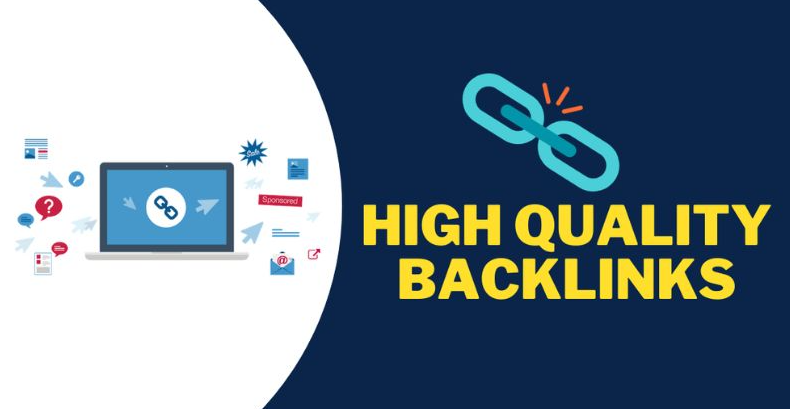
Backlinks, or incoming links from other websites, play a significant role in SEO. Search engines consider backlinks as a vote of confidence and credibility for your website. Focus on building high-quality backlinks from authoritative and relevant websites in your industry. Engage in guest blogging, influencer outreach, and content promotion Effective strategies to acquire valuable backlinks. However, remember to prioritize quality over quantity, as spammy or low-quality backlinks can harm your SEO efforts.
Optimizing for Mobile Experience
In today’s mobile-dominated world, optimizing your Shopify store for mobile is crucial. Ensure that your website is responsive and mobile-friendly, providing a seamless browsing experience across various devices. Optimize your page loading speed, ensure that buttons and links are easily clickable, and streamline your checkout process for mobile users. Google and other search engines prioritize mobile-friendly websites in their search results, so make sure your Shopify store meets these requirements.
The Importance of Keyword Research
To conquer the digital realm with your Shopify store, you must first unravel the enigma that is keyword research. Picture a map guiding you through the convoluted maze of online searches, leading prospective customers straight to your virtual doorstep. As perplexing as it may seem, keyword research is your beacon, illuminating the path to online visibility and success.
The Secrets of Keywords
Keywords are the building blocks of your Shopify store’s seo service strategy. They are the words and phrases your potential customers type into search engines when seeking products or information. Understanding the perplexity of these keywords and their burstiness, i.e., the frequency of their use, is crucial to refining your SEO strategy.
Embracing the Burstiness of Keywords
Burstiness refers to the frequency with which keywords are used in search queries. By harnessing this burstiness, you can tailor your content to resonate with your target audience. This involves identifying and incorporating high-burst keywords into your website, product descriptions, and blog posts to boost your search engine rankings.
Navigating the Complexity of SEO
Search engine optimization (SEO) is the compass guiding your Shopify store through the vast digital landscape. Mastering SEO involves leveraging the burstiness of keywords, optimizing meta descriptions, creating compelling content, and building high-quality backlinks.
The Art of Crafting Compelling Content
Engaging your audience through captivating content is pivotal in the digital realm. By incorporating high-burst keywords into your content, you can boost your website’s visibility and attract organic traffic. This calls for a seamless fusion of creativity and strategy, where keywords are seamlessly integrated into your writing without compromising its authenticity.
The Transformative Power of Keyword-rich Product Descriptions
Every product description is an opportunity to captivate potential customers and enhance your SEO. By infusing product descriptions with carefully selected keywords, you are increasing the likelihood of your products appearing in relevant search results, thus captivating the attention of your target audience.
Leveraging the Potential of Long-tail Keywords
Long-tail keywords, though less bursty, offer a unique opportunity to capture highly specific search queries. Embracing the perplexity of long-tail keywords allows you to cater to niche audiences and secure high-conversion traffic, thereby enriching your overall SEO strategy.
The Potential of Shopify SEO Services
In your journey to master Shopify SEO, consider enlisting the expertise of professionals. Shopify SEO services can provide invaluable guidance in navigating the intricate realm of keyword research, helping you harness the power of burstiness and perplexity to elevate your store’s online presence.
Best Practices for Optimizing Product Pages
Keyword Research and Implementation
Conduct thorough keyword research to identify relevant terms and use phrases that potential customers are using to search for products similar to yours. Once you’ve identified these keywords, strategically incorporate them into your product titles, descriptions, and meta tags. This will not only improve your search engine rankings but also ensure that your products are visible to the right audience.
Compelling Product Descriptions
Crafting compelling and unique product descriptions is crucial for engaging potential customers and driving conversions. Instead of using generic manufacturer descriptions, create your own unique content that highlights the benefits and features of your products in a persuasive manner. By incorporating relevant keywords naturally within the descriptions, you can effectively communicate the value of your products to both search engines and potential buyers.
High-Quality Visual Content
Visual content plays a significant role in capturing the attention of online shoppers. Ensure that your product pages feature high-quality images and, where applicable, videos that showcase your products from multiple angles and provide a representation of their attributes. This not only enhances the overall aesthetics of your product pages but also helps potential customers make informed purchasing decisions.
Streamlined Navigation and Call-to-Actions
A clutter-free and intuitive navigation system is essential for guiding visitors through your product pages seamlessly. Implement clear and prominent call-to-action buttons that prompt visitors to add products to their carts or proceed to checkout. Additionally, incorporating customer reviews and testimonials can instill confidence in potential buyers and further encourage them to make a purchase.
Conclusion
Optimizing your product pages is an ongoing process that demands attention to detail and a deep understanding of your target audience. By implementing the outlined you can significantly enhance the visibility, user experience, and conversion potential of your e-commerce store. Remember, the key is to strike a balance between catering to search engines and creating a compelling shopping experience for your visitors. With a well-optimized product page, you can power up your e-commerce store and pave the way for sustained success.
FAQs
Why is keyword research important for optimizing a Shopify store’s SEO?
Keyword research is essential because it helps identify the words and phrases that your target audience is using to search for products or services similar to yours. By incorporating relevant keywords strategically into your Shopify store’s content, you can improve its visibility and search engine rankings.
How can I optimize on-page elements for my Shopify store’s SEO?
To optimize on-page elements, ensure that each page has a unique title tag and meta description that accurately describes its content. Incorporate relevant keywords naturally into headings and subheadings, and create concise and readable URLs. These optimizations help search engines understand and index your content effectively.
What role does high-quality and engaging content play in SEO for a Shopify store?
High-quality, informative, and engaging content is crucial for SEO. By creating well-written content optimized with relevant keywords, and incorporating multimedia elements such as images and videos, you can enhance user experience and engagement, which can positively impact your store’s SEO.
How can I build quality backlinks for my Shopify store?
Focus on acquiring high-quality backlinks from authoritative and relevant websites in your industry. Engage in guest blogging, influencer outreach, and content promotion Effective strategies to acquire valuable backlinks. It’s important to prioritize quality over quantity to avoid harmful impacts on your SEO efforts.
Why is it important to optimize a Shopify store for mobile experience?
Optimizing a Shopify store for mobile is crucial because search engines prioritize mobile-friendly websites in their search results. By ensuring that your website is responsive, mobile-friendly, and provides a seamless browsing experience, you can improve its visibility and user experience, which can positively impact its SEO.
What is burstiness in keyword research and how can it be leveraged for SEO?
Burstiness refers to the frequency with which keywords are used in search queries. By identifying and incorporating high-burst keywords into your website, product descriptions, and blog posts, you can tailor your content to resonate with your target audience and improve your search engine rankings.


